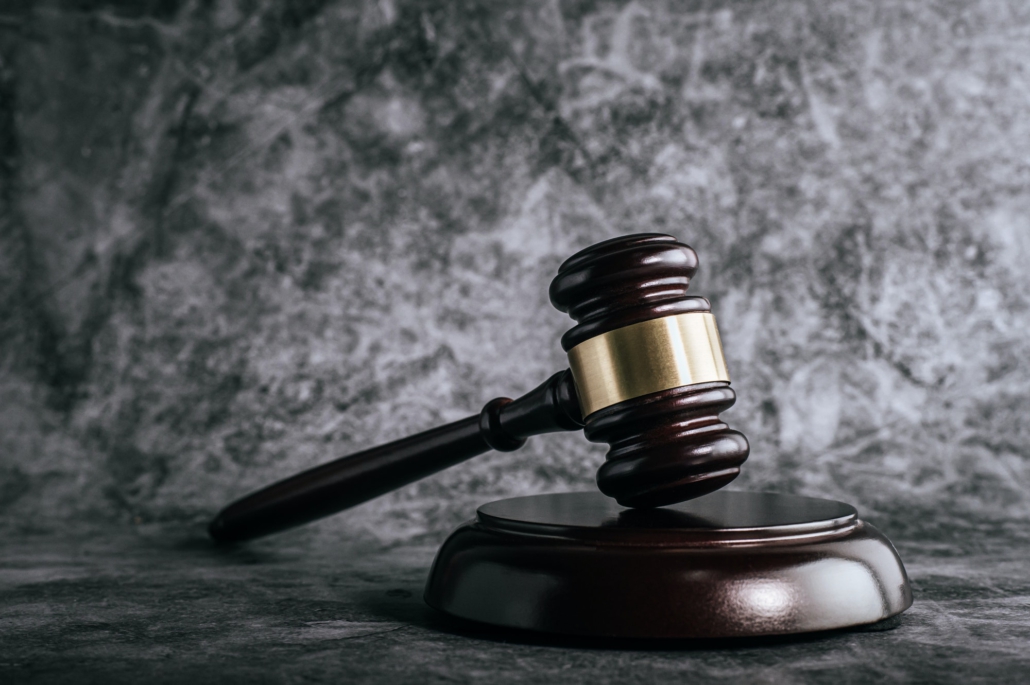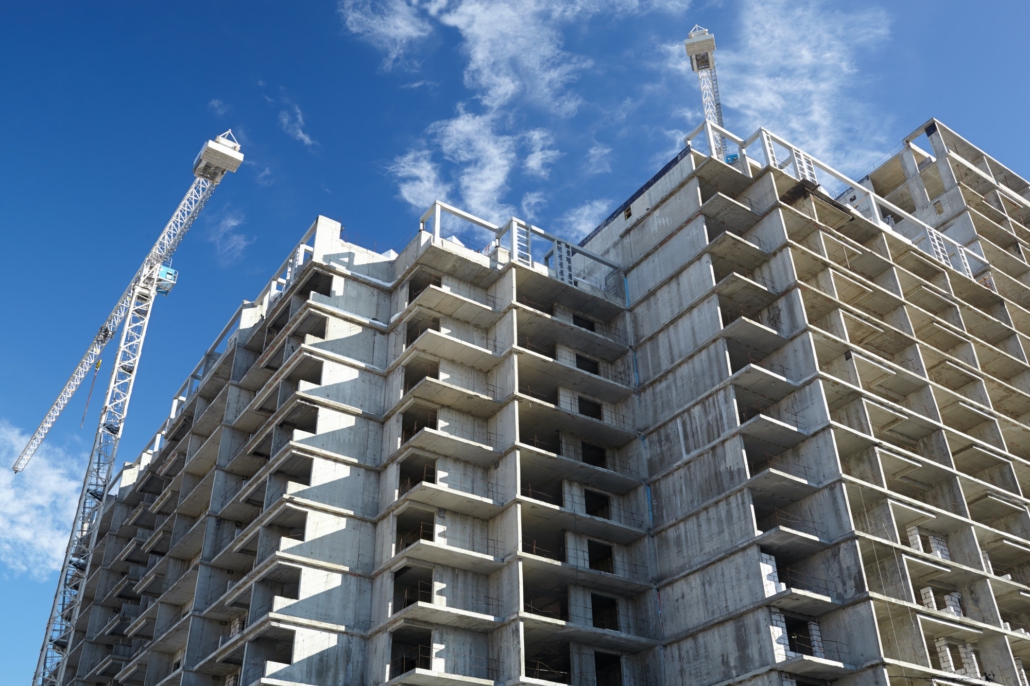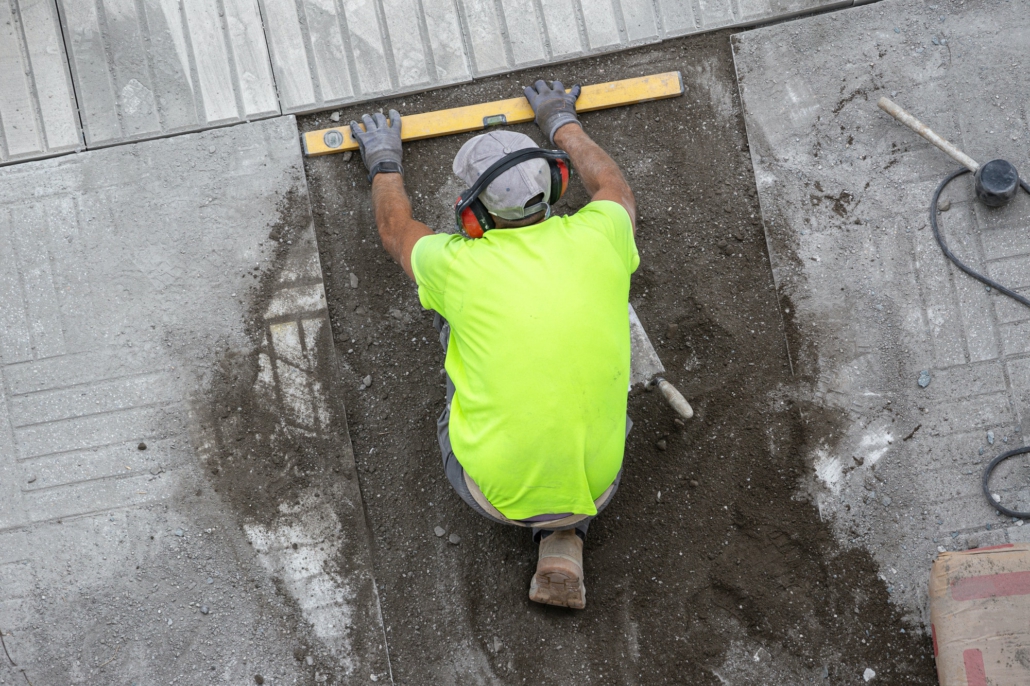Up to €10,000 before the local court: why it goes wrong
/in Nicht kategorisiertLEGAL+ NEWS

The German government is planning to raise the limit on the amount in dispute for the jurisdiction of the local courts from €5,000 to €10,000 – a plan that could have considerable consequences for effective legal protection.
My thesis
The reform worsens the quality of legal protection, produces more appeals and misses its own goal of creating “proximity to citizens”. It makes savings in the wrong place and ultimately costs time, money and trust.
What the federal government is planning – and how it is being sold
The jurisdictional amount in dispute for the lower district court is to rise from € 5,000 to € 10,000. At the same time, individual matters will be assigned to the regional courts irrespective of the value in dispute, such as medical treatment, procurement and publications. The federal government expects “savings” in legal fees in the millions.
Justification (among others):
Inflation since 1993, preservation of local court locations, proximity to citizens.
What is overlooked
1) Complexity has little to do with €10,000
Many proceedings under €10,000 are technically demanding: from questions of international procedural law to complex warranty constellations and often complex transport and CMR constellations. This belongs to specialized chambers, not to “citizen-oriented” local courts. The specialization modules of the draft are selective, but leave out central commercial law matters.
2) More self-representation does not mean more justice – quality costs
There is no obligation to have a lawyer at the local court. This is precisely the aim of the “savings” effect. In practice, self-representation leads to incorrect applications, incorrect conduct of proceedings, additional workload for the court offices and – above all – more appeals. The €14.5 million “saved” in this way will be transferred to the second instance. The BMJ itself anticipates noticeable shifts to the appeal courts.
3) Proximity to citizens
Proximity may help in neighborhood law. In commercial law, legal representation and quality help.
What would really help
From my point of view, the following would help:
- Say goodbye to the value in dispute – specialization by subject matter
Concentration at specialized chambers regardless of the value in dispute: e.g. B2B sales law, transport/CMR, international commercial cases, IT contracts. This brings quality to where it is needed. The specializations already provided for in the areas of medical treatment or procurement serve as models.
- Digital, accelerated proceedings
Genuinely accelerated proceedings up to €5,000, for example: standardized claim and response forms, mandatory early judicial advice, tight deadlines, digital taking of evidence. This saves time without compromising on quality. - Compulsory legal representation in commercial matters
Compulsory legal representation in commercial matters regardless of the amount in dispute. Anyone involved in a cross-border supply dispute needs professional litigation. This reduces the appeal rate and relieves the burden on the courts exactly where it counts. - Concentration models
Economic chambers with supra-local responsibility. This ensures more expertise and leading decisions. - Digital proximity to citizens
Video negotiations across the board, creating proximity to citizens on the screen

The increase to €10,000 shifts proceedings to the local courts – at the expense of quality.
The draft sells the reform as “proximity to citizens” and implementation of UN Agenda 2030 / Goal 16: “Access to justice, effective institutions”. In reality, a structural problem – lack of specialization, sluggish digitalization – is being disguised in an inappropriate manner.
Anyone who really wants an efficient, citizen-oriented civil justice system will rely on specialization and, not least, on mandatory digitalization for the courts.
About RA Daniel Meier-Greve
Daniel Meier-Greve is a lawyer based in Hamburg. He advises and represents clients in complex commercial law disputes – out of court and in court. His work focuses on contract drafting and litigation.
He does not view the two separately: anyone who drafts contracts must also think about the dispute – and anyone who conducts litigation should understand how contracts are created. This change of perspective characterizes his legal work – and is the basis of his advice.
About Legal+
Legal+ stands for legal advice with a strategic view: Drafting and disputes belong together. A contract is not an end, but a means – to manage risk, to balance interests, to prepare for a dispute. Legal+ thinks contracts in terms of conflict – and conducts proceedings with the knowledge of how they came about.

LATEST ARTICLES

Degree of completion of the work
The standards relating to the right to refuse acceptance (Section 640 (1) sentence 2 BGB, Section 12 (3) VOB/B) state that acceptance of the work may not be refused due to insignificant defects. There is no statement on the required degree of completion of the work as a prerequisite for acceptance.
However, the question of what degree of completion the work must have reached in order to be considered ready for acceptance is very important, particularly in the case of plant construction, which is usually very complex.

Major deficiency in plant engineering
Answering the question of whether there is a significant defect is very difficult, especially in often very complex plant construction. The absence of major defects is the decisive prerequisite for acceptance. The latter has considerable legal and practical significance: the start of the warranty periods is regularly linked to this. In addition, the due date of a considerable part of the agreed remuneration generally depends on acceptance.

Formal acceptance under building law
Particularly in the case of complex (plant) construction projects, the contracting parties often agree – usually on the basis of the VOB/B – to carry out a so-called formal acceptance. The following article deals with the question of what such a formal acceptance is actually all about.
CONTACT

Bleichenbrücke 11 D-20354 Hamburg
kontakt@legal-plus.eu
+49 (40) 57199 74 80
+49 (170) 1203 74 0
Benefit from my active network!
I look forward to our networking.
This post is also available in: DE
